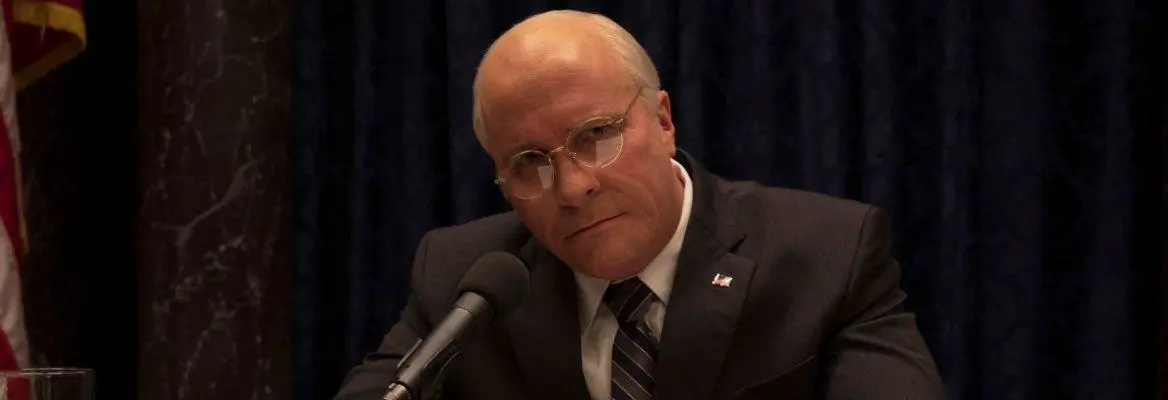At a press conference after the U. S invasion of Iraq in 2003, Defense Secretary Donald Rumsfeld was questioned about the scenes of chaos and looting in Baghdad. “Stuff happens” was his response to indications that things weren’t exactly going according to plan. As events unfolded it was becoming increasingly clear that the architects of the invasion – Rumsfeld, President George W. Bush, Vice-President Dick Cheney and Deputy Defense Secretary Paul Wolfowitz- had seriously underestimated the potential for an Iraqi insurgency and the troop numbers needed to contain it.
How could they have been so wrong? One study suggests there was little planning for maintaining order and stability after the invasion because it was thought that the task would be easy. The Bush administration assumed that Iraq 2003 would be a cakewalk but the reality was different. Senior administration figures believed that American soldiers would be welcomed with open arms by the Iraqis and that local security forces would willingly assist the occupation of their own country by a foreign power. Even at the time these assumptions seemed a barely credible exercise in wishful thinking, and their naïvety was demonstrated by the disaster that unfolded after the invasion. How could Rumsfeld and other members of the administration have believed that things would be so easy? What were they thinking?
In his book Fiasco: The American Military Adventure in Iraq, Thomas E. Ricks points out that senior figures in the military, including Army Chief of Staff General Eric Shinseki, had argued that at least 300,000 troops would be needed to pacify Iraq. Wolfowitz and Rumsfeld thought they knew better and insisted on a much lower number, below 40,000. They didn’t just ignore Shinseki’s advice, they derided it. According to Wolfowitz claims that several hundred thousand U.S. troops would be needed were ‘wildly off the mark’, and it wasn’t credible that more soldiers would be needed to keep order after the invasion than to invade Iraq in the first place. He got his way, and when the looting in Baghdad started the U.S. military lacked the resources to do anything about it. It seems obvious in retrospect that Wolfowitz and Rumsfeld should have listened. Why didn’t they?
___
"Vices of the mind are personal intellectual faults that have a negative impact on our intellectual conduct. They are intellectual vices. Imperviousness to evidence and an inability to deal with mistakes were among the intellectual vices that prevented Rumsfeld from coming to know the answers to certain rather pertinent questions"
___
This is where, in Ricks’ account, things start to get personal. The story, as he tells it, is that Bush, Cheney, Rumsfeld and Wolfowitz, the four horsemen of the Iraqi apocalypse, acted as they did because they were ‘arrogant’, ‘impervious to evidence’, and ‘unable to deal with mistakes’. The President was incompetent, Wolfowitz was a know-it-all who didn’t know it all, and Rumsfeld’s “Stuff happens” remark was one among many indications of his hubris and arrogance. Ricks does also mention what he calls ‘systemic’ factors but the overall impression is that the Iraq fiasco was due in large part to the personal failings of President Bush and some of his senior colleagues.



















Join the conversation